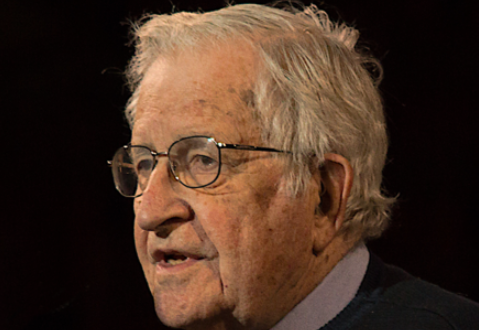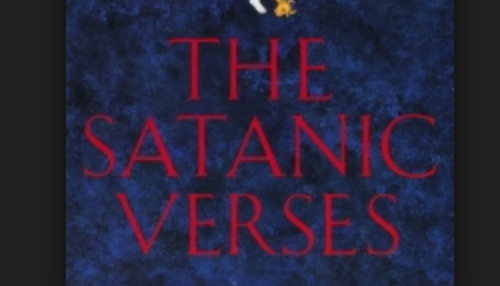I have recently found myself defending people’s right to wear the niqab (in most contexts) while acknowledging the real problem of coercion. People certainly weren’t coerced into reproducing the Danish cartoons – to say the least – but the OIC has no time for issues such as freedom of expression.
One good example in this context is the case of Resolution 16/18, adopted unanimously by the UN Human Rights Council in Geneva, which was built on the eight points proposed by me in 2010. It was an attempt from the OIC side to overcome the confrontation we had with the Western countries. The crisis had been started by the publishing of Danish cartoons – uncivilized ugly cartons – which, for no reason, attacked the revered and the sacred personality of our Prophet (PBUH). It is not whether you believe in him or not. You might believe in other religion; or you might be a non-believer. However, who are you to disrespect others? Why do you insult others? Why do you think that by insulting others you are expressing your freedom? In addition, when somebody comes and say: “please, don’t insult my sacred values”, you tell them: “This is my freedom; I have freedom of expression; I have freedom of depicting and doing whatever I like; and you cannot stop me. This is against human rights, against freedom principals”. This is really a twisted negative logic that is incomprehensible; that one exercises his freedom by insulting others, and not insulting just a few people, but insulting 1.6 billion people all over the world for no reason.
Those who oppose the niqab see it as an affront to values they take just as seriously, even if they are not grounded in religion. Those who support a woman’s right to wear the niqab might point out that to ban a garment for ideological reasons mirrors the restrictions in countries like Iran. But such appeals to liberalism/pluralism have no force from anyone who proposes outlawing satire or blasphemy.
Hat tip: Fasdunkle


